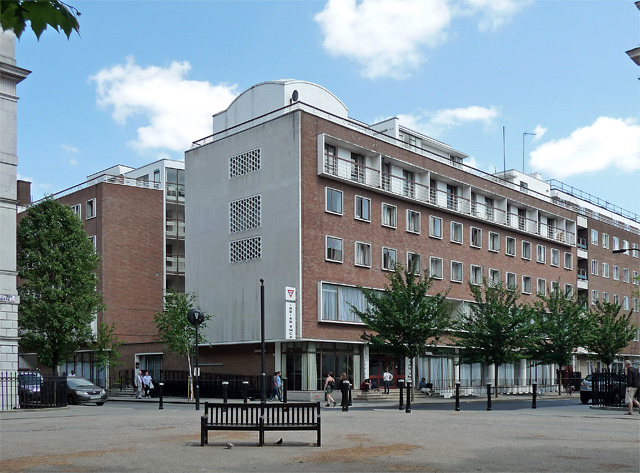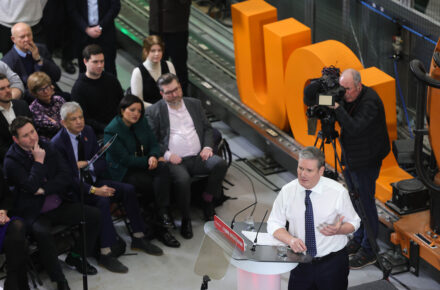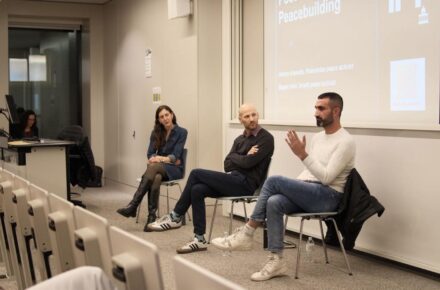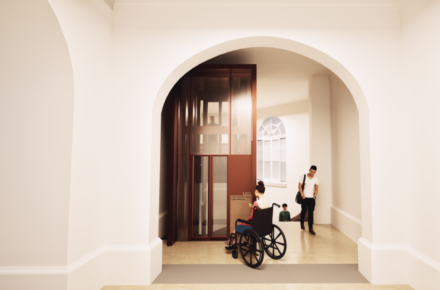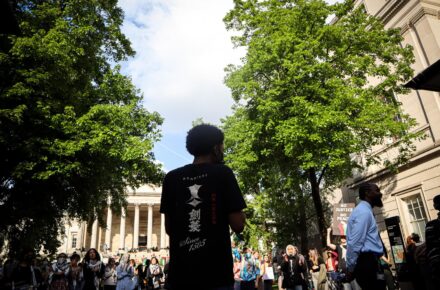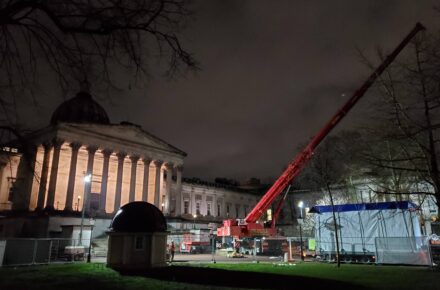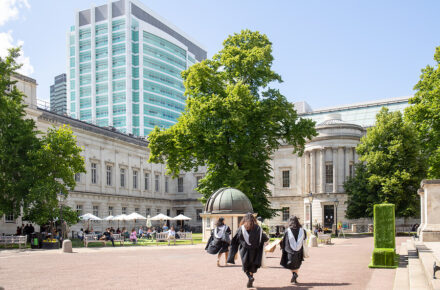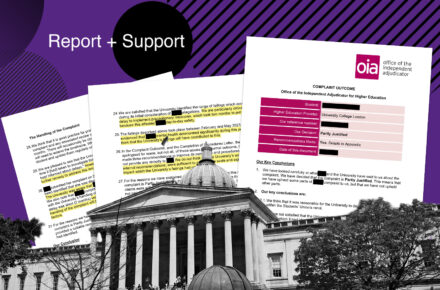UCL provost Michael Arthur has revealed at the latest Academic Board meeting that student numbers will rise by “2% or so” again this year. This would take the total number of enrolled students to above 40,000, cementing UCL’s place as Britain’s biggest university. Arthur also asserted that space will grow by 3%, not enough to cover the ballooning student numbers. At the October UCL Council meeting, the strategic objective “to develop a teaching estate that is fit for purpose” was assigned a red traffic light, indicating severe concerns.
Michael Arthur first proposed “moderate growth” in student numbers as the best way to increase UCL’s financial stability, however, he repeatedly ignored academics’ concerns about the hidden costs of student number expansion. In a vicious cycle, UCL takes on more students to pay for the increase in space required to accommodate the students it already has.
Renting external spaces comes at an exorbitant cost — £2 million in the 2015/6 academic year, and a predicted £1.8 million in 2016/7. For academics, too, it is a serious issue. One head of department within the SHS faculty commented to The Cheese Grater that problems with room bookings are par for the course: “the overwhelming perception in the department is one of frustration at the daily, on-the ground, logistical difficulties.” Inconvenient room allocations are common across all departments and faculties; as the head of department put it, Estates try to “spread the love—or spread the misery”.
Other university facilities, too, are struggling for space. Over the past few years, the number of study spaces has steadily increased. But the exponential student population growth has wildly outpaced increase in study space. Until last year, there was no clear channel of communication between the faculties, who would take on ever more students without indicating the increased demand to Library Services.
This year, UCL conducted an occupational impact assessment, seeking to correlate the growth of faculties with the needs of the library, and other support services. The report deemed the lack of study space an ‘amber risk’, demanding action. As Michael Arthur seems to be doubling down on his strategy, we can expect the cycle to repeat itself ad infinitum.
Peter FitzSimons

